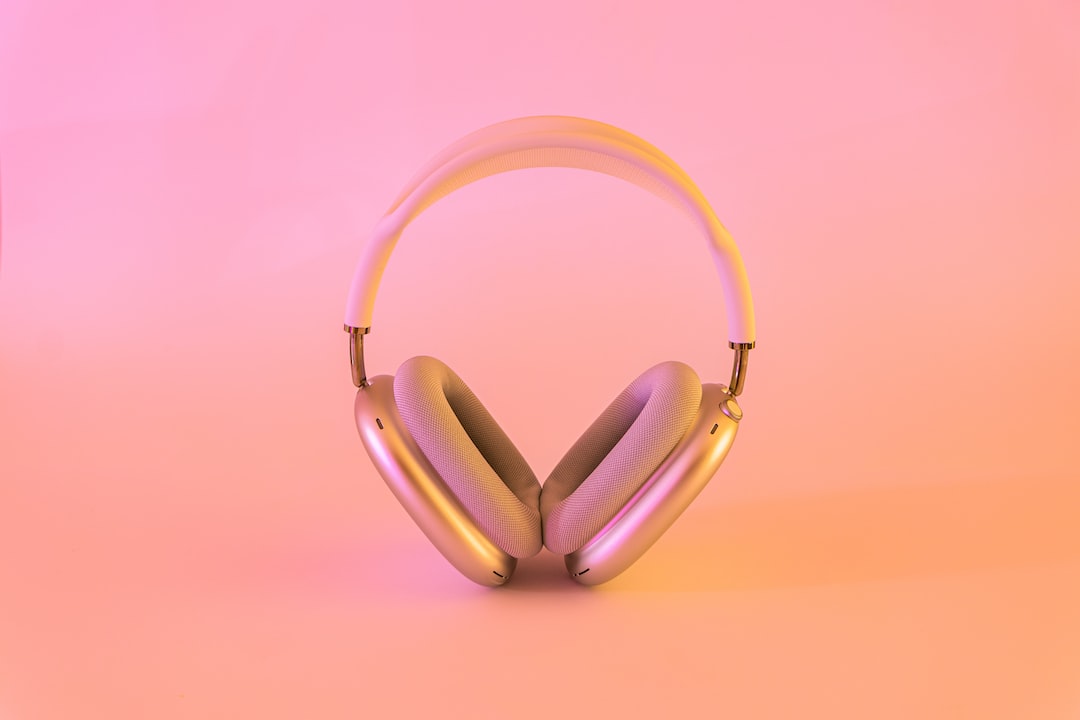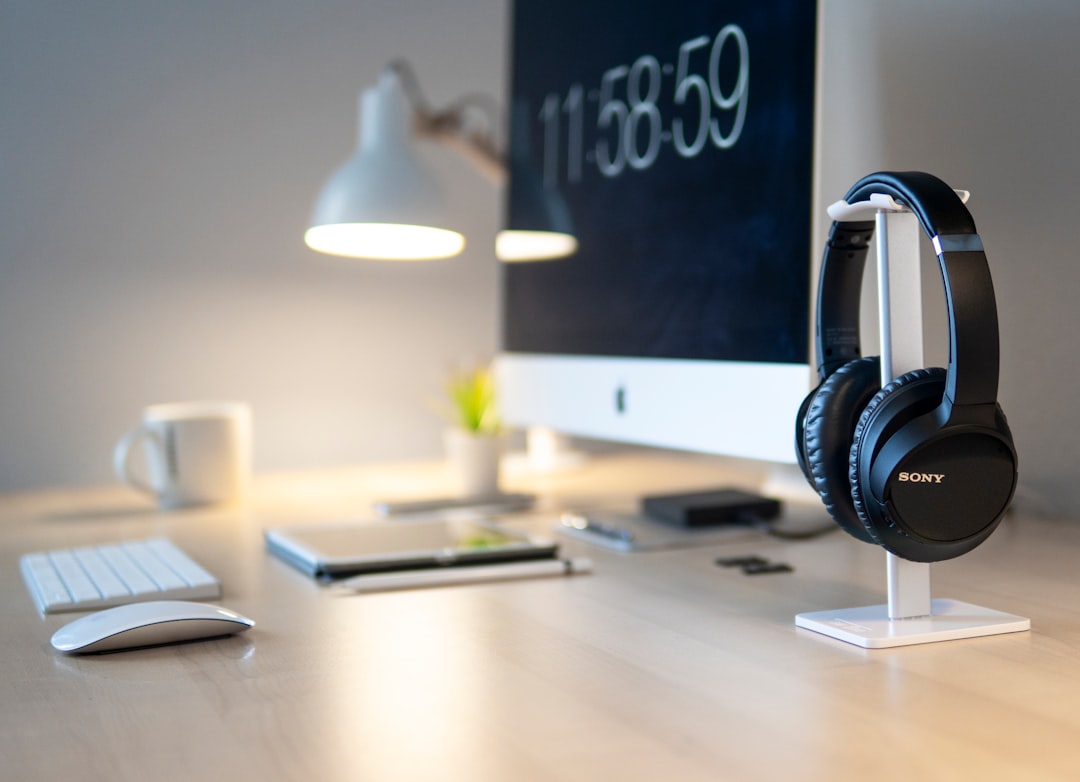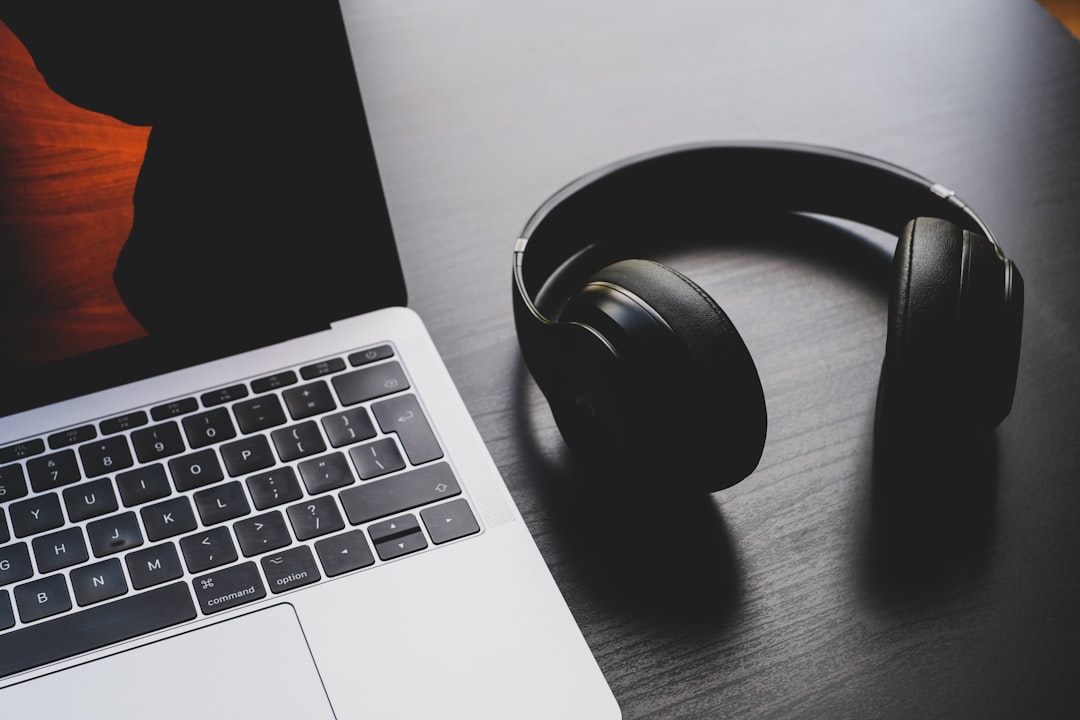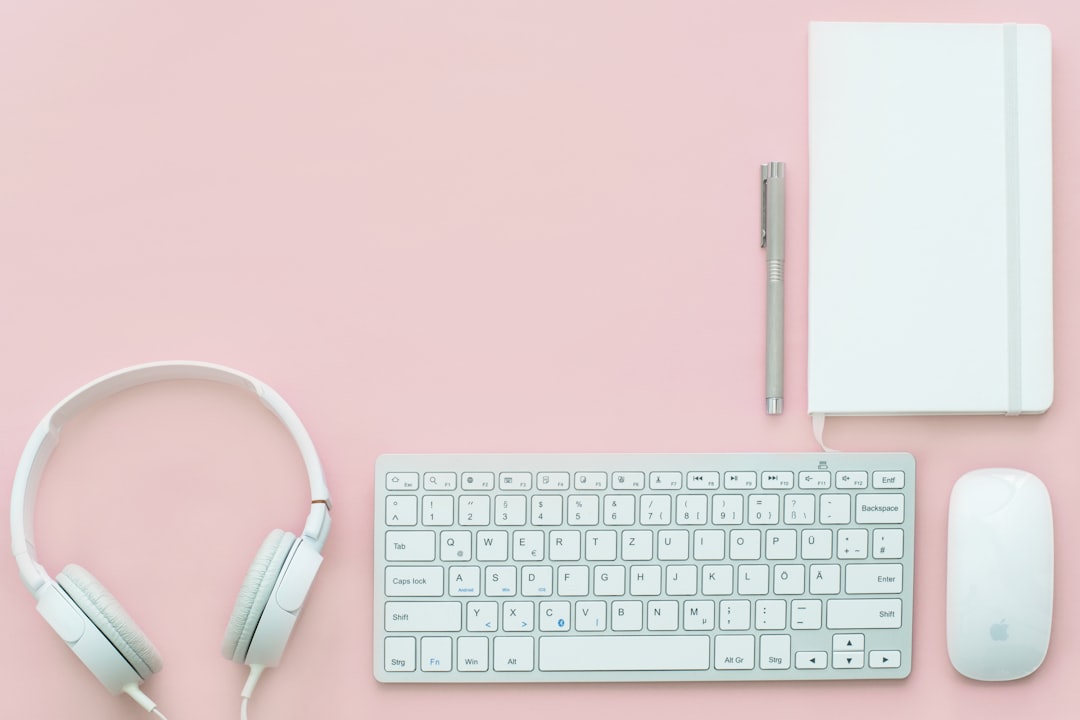Music has been a part of human culture for thousands of years, with a wide range of benefits and uses. One of the most interesting uses of music is its ability to boost productivity. We’ve all experienced how music can affect our mood and energy levels, which is why it’s no surprise that music can also have a significant impact on our work. In fact, studies have shown that listening to music while working can increase focus, creativity, and productivity.
In today’s fast-paced world, where distractions are at an all-time high, finding ways to stay focused and productive is crucial. This is where music comes in as a powerful tool to help us achieve our goals. Whether you’re a student, a professional, or an entrepreneur, incorporating music into your workday can make a significant difference in your productivity and overall success.
In this blog post, we’ll explore the benefits of listening to music while working, the science behind music and productivity, and tips for incorporating music into your workday. We’ll also discuss common mistakes to avoid when using music for productivity, and how to make music work for you. By the end of this post, you’ll have a better understanding of how to use music as a tool to enhance your productivity and achieve your goals.
Are you ready to unlock the power of music in your workday? Let’s dive in!
The Benefits of Listening to Music While Working
When it comes to productivity, many of us immediately think of long to-do lists and endless hours of concentration. However, did you know that adding music to your workday can actually boost your productivity levels?
Studies have shown that listening to music while working can have a positive impact on our mood, motivation, and overall productivity. It can help to reduce stress levels, improve focus and concentration, and even increase creativity.
One of the most significant benefits of listening to music while working is its ability to block out distracting noises. Whether you work in a noisy office or at home with children or pets, it can be challenging to stay focused on the task at hand. By putting on your headphones and listening to your favorite tunes, you can effectively drown out any external distractions and create a more peaceful work environment.
Additionally, music has been shown to have a direct impact on our mood. Certain types of music can help to reduce anxiety and stress levels, making it easier to stay calm and focused during high-pressure situations. It can also help to increase motivation and energy levels, making it easier to power through those tough tasks and meet deadlines.
Overall, the benefits of listening to music while working are clear. It can help to improve your focus and concentration, reduce stress levels, and increase your overall productivity. However, it’s essential to choose the right type of music to maximize these benefits. In the next section, we’ll explore how to find your focus and choose the best music for your workday.
However, it’s essential to choose the right type of music to maximize these benefits.
Finding Your Focus – Choosing the Right Type of Music
When it comes to incorporating music into your workday, it’s important to choose the right type of music that will help you stay focused and productive. While everyone’s tastes in music are different, there are certain genres that have been proven to have positive effects on productivity.
One popular genre for productivity is classical music. Studies have shown that listening to classical music can increase focus and enhance cognitive performance. The lack of lyrics and calming melodies can help reduce stress and anxiety, allowing you to concentrate on your work.
Another genre that has been shown to boost productivity is instrumental music. This includes genres such as jazz, ambient, and electronic music. Instrumental music provides a background noise that can help drown out distractions and create a sense of calmness, allowing you to focus on the task at hand.
If you prefer music with lyrics, it’s important to choose songs that have a slower tempo and less complex lyrics. Fast-paced, high-energy music can be distracting and make it difficult to concentrate. Instead, opt for songs that have a steady beat and calming lyrics that won’t interfere with your thought processes.
It’s also important to consider the volume of the music you’re listening to. While it may be tempting to turn up the volume to drown out background noise, it’s important to keep the volume at a moderate level. Listening to music too loudly can be damaging to your hearing and can also be distracting to those around you.
Ultimately, the key to finding the right type of music for productivity is to experiment and find what works best for you. Whether it’s classical, instrumental, or something else entirely, the right music can help boost your productivity and make your workday more enjoyable.
Ultimately, the key to finding the right type of music for productivity is to experiment and find what works best for you.
The Science Behind Music and Productivity
When it comes to music and productivity, there is no denying that there is a strong connection between the two. However, this connection isn’t just anecdotal – there is actual scientific research behind it.
Studies have shown that listening to music while working can improve focus, boost motivation, and even enhance creativity. In fact, one study found that individuals who listened to music while performing a repetitive task were able to complete the task more quickly and with fewer errors than those who worked in silence.
So, what is it about music that makes it so effective for productivity? One theory is that music can help to block out distractions and create a more immersive environment for work. This can be especially helpful in open office environments or other noisy settings.
Another theory is that music can stimulate the release of dopamine in the brain, which is a neurotransmitter associated with pleasure and reward. This can help to create a more positive and energized mood, which can translate to increased productivity.
Of course, the effectiveness of music for productivity can vary depending on the individual and the type of work they are doing. Some people may find that certain genres or types of music are more distracting than helpful, while others may find that silence is more conducive to concentration.
That being said, there are some general guidelines that can help individuals to find the right type of music for their work. For example, classical music has been shown to be particularly effective for improving focus and concentration, while upbeat or fast-paced music can be helpful for boosting energy and motivation.
Ultimately, the key to using music for productivity is finding what works best for you. By experimenting with different types of music and paying attention to how it affects your work, you can create a personalized playlist that helps you to stay focused, motivated, and productive throughout the day.
Studies have shown that listening to music while working can improve focus, boost motivation, and even enhance creativity.
Tips for Incorporating Music into Your Workday
When it comes to incorporating music into your workday, there are a few tips and tricks that can help you maximize the benefits and minimize any potential distractions. Here are some tips to keep in mind:
1. Create a Playlist: Take some time to create a playlist of songs that are instrumental, have no lyrics or are in a language you don’t speak. This will help you avoid getting distracted by the lyrics and keep you focused on your work.
2. Use Headphones: Using headphones can help you create a more defined work zone, blocking out any external noise and distractions. This can help you stay focused and productive throughout your workday.
3. Experiment with Different Genres: Different genres of music can have different effects on your productivity. Try experimenting with different genres to find the ones that work best for you. Some people find that classical music helps them focus, while others prefer instrumental jazz or even video game soundtracks.
4. Mind the Volume: While music can be helpful for productivity, it’s important to make sure you’re not blasting the music too loudly. This can be damaging to your hearing and can also be distracting to others around you.
5. Take Breaks: While music can be a great tool for staying focused, it’s important to take breaks throughout the day. Make sure to take a few minutes every hour or so to stretch, move around, and give your brain a break.
By following these tips, you can incorporate music into your workday in a way that helps you stay focused, productive, and motivated. Remember to experiment with different genres and styles to find what works best for you, and always take breaks to give your brain a chance to recharge.
Common Mistakes to Avoid When Using Music for Productivity
When it comes to using music to enhance productivity, there are certain mistakes that people often make. These mistakes can actually have the opposite effect and hinder productivity rather than improve it. In this section, we will discuss some common mistakes to avoid when using music for productivity.
One of the biggest mistakes people make is listening to music with lyrics while trying to focus on work. Lyrics can be distracting, and can actually interfere with your thought process. Instead, opt for instrumental music or music with minimal lyrics that won’t distract you from your work.
Another mistake is playing music too loud. While loud music can be energizing, it can also be distracting and disruptive. It’s important to find the right volume that will enhance your focus without being too distracting.
Choosing the wrong type of music is another common mistake. Not all music is created equal when it comes to productivity. For example, heavy metal or hard rock may be too intense and distracting for some people, while classical or ambient music may be too boring for others. It’s important to experiment and find the right type of music that works best for you.
Another mistake is not taking breaks from music. It’s important to give your brain a break from music every once in a while to avoid burnout. Take a few minutes to listen to silence or ambient noise, or simply take a break from music altogether.
Lastly, using music as a crutch for productivity is a mistake. While music can certainly help enhance productivity, it’s important to also focus on developing good work habits and time management skills. Music should be used as a tool to assist in productivity, not as a replacement for it.
By avoiding these common mistakes, you can effectively use music to enhance your productivity and achieve your goals. Remember, music should be used as a supplement to good work habits, not a replacement for them.
These mistakes can actually have the opposite effect and hinder productivity rather than improve it.
Conclusion – Making Music Work for You
In conclusion, it’s clear that music can be a powerful tool to help increase productivity and focus during work. By incorporating the right type of music into your workday, you can create a more enjoyable and efficient work environment.
First and foremost, it’s important to recognize the benefits of listening to music while working. Not only can it help reduce stress and anxiety, but it can also improve mood and motivation. Additionally, choosing the right type of music is crucial to finding your focus and enhancing productivity.
The science behind music and productivity is fascinating, with studies showing that music can stimulate the brain in ways that improve cognitive performance. It’s important to note that everyone’s brain responds differently to music, so it’s important to experiment and find what works best for you.
When incorporating music into your workday, there are a few tips to keep in mind. It’s important to avoid music with lyrics if you’re working on tasks that require language processing, and to choose music that matches the tempo of the task at hand. Additionally, it’s important to use music as a tool to enhance your focus, rather than as a distraction.
Lastly, there are a few common mistakes to avoid when using music for productivity. It’s important to not rely on music as a crutch, and to take breaks from listening to music to avoid burnout. Additionally, it’s important to not let music become a distraction or a hindrance to your productivity.
Overall, making music work for you is all about finding the right balance and incorporating it into your workday in a way that enhances your focus and productivity. By understanding the benefits of music, choosing the right type of music, and avoiding common mistakes, you can use music as a powerful tool to improve your work performance.





